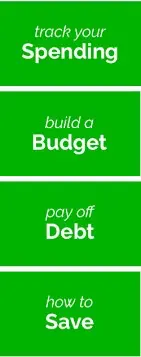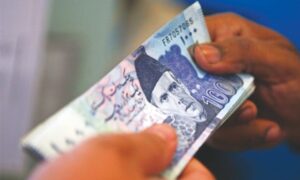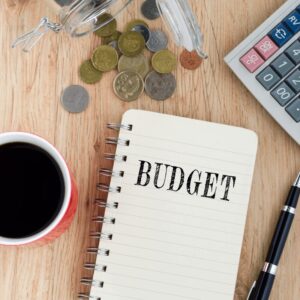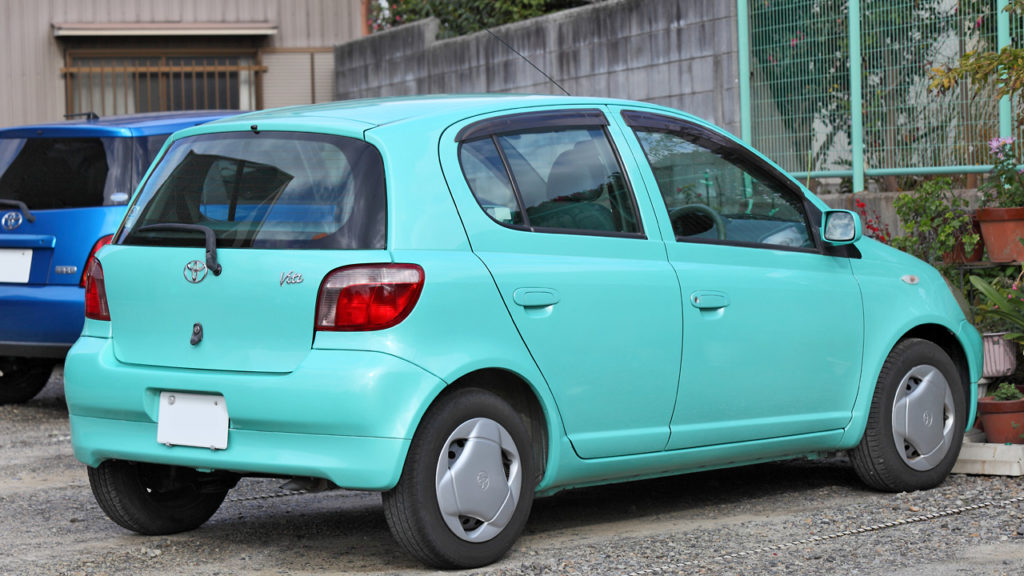Prices of daily use items are climbing higher and higher with every passing day. Be it a roti from the tandoor, or bread, shampoo, or rice and pulses, everything is getting more expensive day by day. Those who have the option of relying on alternative sources of earning can deal with the growing monthly expenses. For a salaried person, managing growing expenses on a limited income is becoming difficult.
This makes it even more important to have easy-to-apply tips to make sure that there is some money left over by the time the month end is near. Having some money left over from their salary by the end of the month means that there would be some savings done successfully.
The average Pakistani job holder earns anything between PKR 25 to 50 thousand per month. This amount is sufficient for those starting off in their jobs and is single. But for a couple of those living away from their home station, the income can prove to be insufficient, particularly if they are bearing rent expenses.
Regardless of their demographic details and living situation, the common need is to manage the salary in a way that the last ten days of the month are bearable and there is money in their pocket for any emergency.
The following basic level tips should help to keep your spending within control and a predefined budget.
Have a Budget in Place
Budgeting is the backbone of every savings plan. Whether you earn six figures or live salary to salary, you are likely wasting money somewhere you shouldn’t be. Budgeting is an efficient process of keeping track of your income and going.
Making a budget seems like a boring thing to do, especially if you feel that you are managing your finances well. However, make one just to prove how well planned your finances are. It can be a surprisingly eye-opening exercise.
A well-made budget can help you keep track of your spending and help you identify where your cash is going. Documenting all spending heads can expose areas where you can unwittingly be spending more than you should. Doing a budgeting exercise would help you identify where you free up additional cash to fund your new hobby or a vacation plan.
What is a Budget?
A budget is an estimate or allocation of a fixed amount for your basic expenses. For the average household, a budget will cover the average amount they need for the monthly grocery, rent, the usual electricity, telephone, internet, petrol bills, fuel expenses, school fees, and other expenses that need to be paid on monthly basis. These can be considered as the fixed items of your budget. Apart from this, it is essential to have an amount set aside for medical treatment in your budget.
Once you will list and calculate the amount you need for all these heads, you are done with the major portion of your budget. Now when you get your salary, keep this amount aside and make sure you do not spend it anywhere else.
Now that the essentials are taken care of, you need to put aside funds for savings, and non-essentials like clothes, shoes, cosmetics, and annual charges of schools, insurance premiums, festivals, travel, and other heads.
Once you have a clear picture of how much of your salary goes into fixed monthly expenses, and what is left over for non-essentials. If there is a clear break up and you are saving at least 30% of your income, then you are doing fine.
However, if you spend over 80% of your earnings on fixed expenses and the rest is spent on non-essentials you need to decide where you need to cut down on your expenses. The ideal budget should have about 60% set for fixed living expenses, while 40% is left over for savings and non-essential items.
This is a basic rule of thumb for your salary breakup. Budgets can be revised after every 3 months or so. With rising inflation, it could be that living expenses change, you need more funds for medical expenses, you may have spent more money during vacations or school fees have increased.
When budgeting, you need to be strict about meeting your basic expenses and savings target before you spend money on party and outing activities. Budgeting helps to control the common problem of overspending.
However, making a budget is no guarantee of being safe from overspending. Having a budget is not the end of the process but the start of it. Following a budget is a little like a detox plan. You mean well but are not prepared for the repercussions and the limits you place on yourself. To ensure that you stick to it once you have your budget, there are a few essential tips that you can use.
Use Credit Card Wisely:
Ideally, credit cards should be used as an alternate for cash and pay them off completely when the due date arrives. If you get trapped into the cycle of credit card debt, there would be a lot of money spent just meeting interest payments which would squeeze your budget significantly.
The ideal thing is to keep credit cards for emergencies or to a bare minimum. If you need a credit card for the convenience it offers, then get one with a good rewards structure so that you can get rewarded for usage. Different banks offer various packages and facilities on their credit cards. Shop around for the credit card offer that suits you the best.
In case, if you have an amount outstanding on your credit card, make sure to pay the monthly amount regularly to avoid further penalties and charges. A pro tip for using a card is to never miss the payment due date.
Manage Personal Expenses Carefully:
It may seem strange but make sure to pay yourself from your salary. Managing personal expenses is a must particularly if you are earning less than PKR 50,000. Having some specific amount set aside for your expenses every month will help keep larger expenses under control and will help you make some savings.
Spending money on activities like hanging out or random shopping without any specific need is not a sound practice and will damage your budget. Keep strict control over what you need, rather than buying something on an impulse.
An Ultimate Pro Tip
Try to make some extra money from your savings. Shop around for saving plans that have the option of diverting funds towards tax saving options like insurance, mutual fund investments, etc. Look for reliable insurance and investment opportunities to grow your money with little effort from your end.
Try to get insurance with some basic investment plan. You can opt for insurance even when you do not have a large amount of savings in your pocket.

Sadia Zaheer holds a Masters in Business Administration from IBA, Karachi. After working in several financial institutions in Client Management, Corporate Lending, Islamic Banking and Product Management she jumped careers to pursue a career in writing.
She is a Finance, Business and HR Development writer with four years of experience. She reads a lot and takes care of her multiple cats to remain calm.






